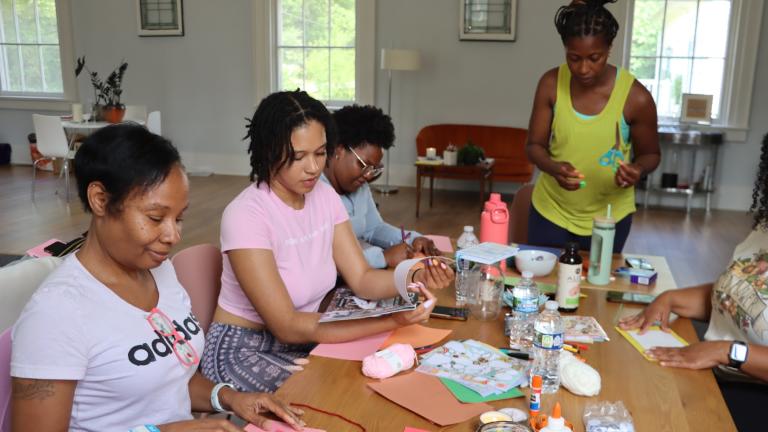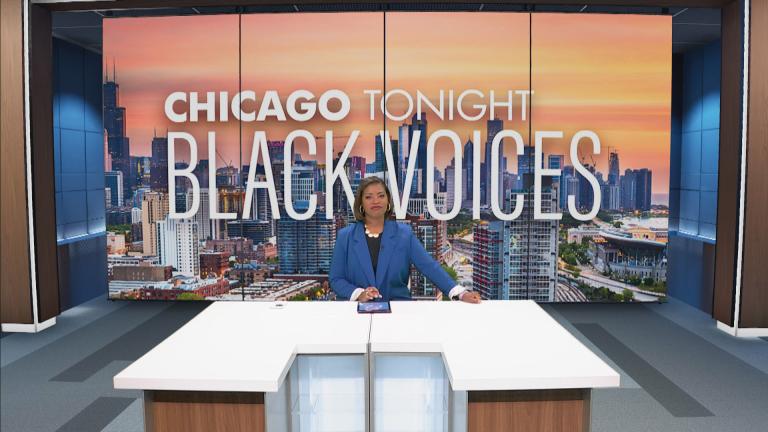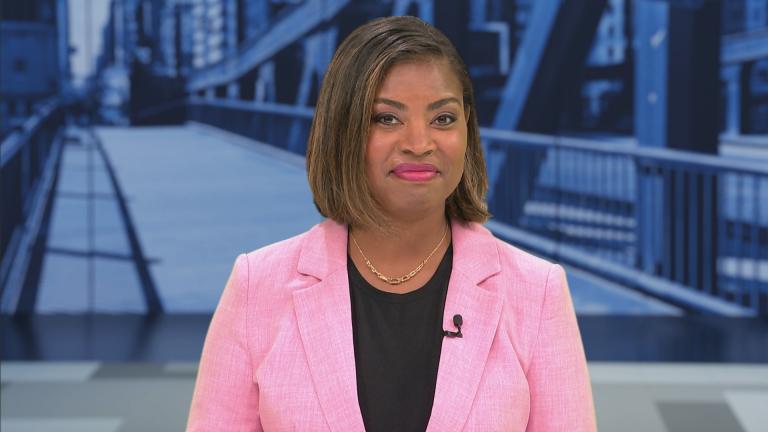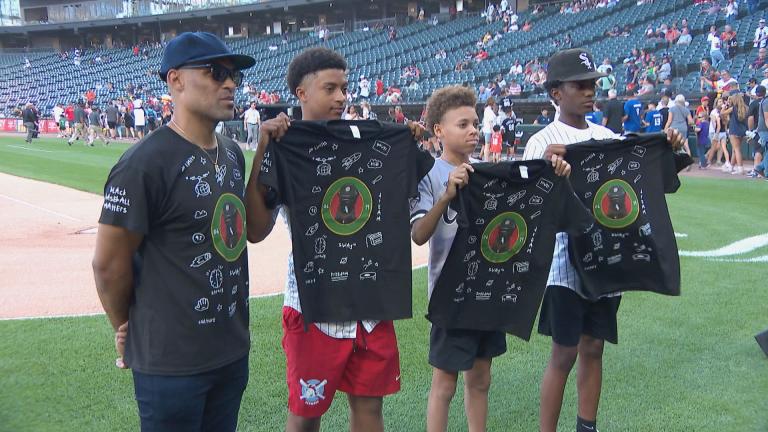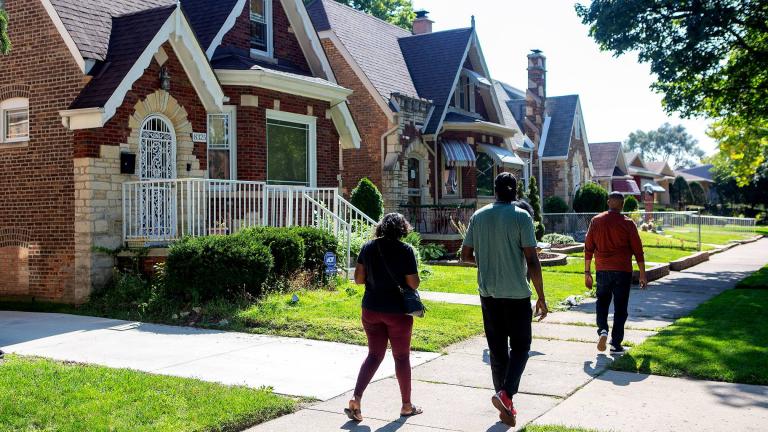At an enrollment event this week, Cook County Board President Toni Preckwinkle welcomed some of the more than 3,000 participants in the Cook County Promise guaranteed income pilot.
The participants, who were selected by lottery, are set to receive their first monthly payment of $500 on Dec. 15.
“This is the largest guaranteed income pilot in the country, $42 million. We will have 3,250 individuals participating over a two-year period in the pilot program,” Preckwinkle said.
She also spoke about the county’s plans for continuing the program beyond the pilot.
“We have dedicated resources to continue the program after the pilot, so this will be an ongoing initiative in Cook County government,” she said. “We’ve dedicated cannabis revenues to support the program and we’ll be looking for other revenue streams as well.”
Jasper Cannon was among the participants completing their enrollment. Cannon said he and his wife Leneara Turner are homeless and living in a shelter.
“We have three kids. So this money is to help because I really need it to save up, so I can be able to get a house one day and get us out the shelter. But before I do that, my biggest concern is to have a stable job,” Cannon said. “Nowadays, most of the jobs they offer you, it’s really not stable is it? It is a temporary job or seasonal job, but when you do get a job, they’re not paying you enough to live in your city, to be able to keep the rent going. So this is why this is a big help for us and my family.”
The program’s administrator is the organization GiveDirectly, which administers similar anti-poverty programs around the world. U.S. administrator Sarah Moran says in her observation, the cash approach is simple and effective.
“What we’ve found is across the board cash helps people meet their basic needs. It allows people to invest in their future,” Moran said.
Participant Clarence Shaffer works as a bodyguard and security professional, but he had to stop working in order to take care of his 87-year-old mother, which he says has made his financial situation precarious.
“This program could take a lot of worry and stress off of me in that it allows me to maintain some of the things I would have to think about changing,” Shaffer said. “You can allocate it to do the same thing every month or change it, whatever you want to do, the fact is that you know you’ve got that coming in. Over two years it’s $12,000, so it’s a big deal.”
Participant Christopher Santiago is a father of three daughters and works for the Illinois Department of Transportation. He said the flexibility the cash payments offer will relieve some financial anxiety for him, especially when it comes to unexpected expenses.
“Other benefit programs like SNAP or something, you have all these restrictions, like you can’t even buy hot meals with some of those programs,” he said. “So having direct cash just gives me the freedom, because you know like if I got a flat tire or something like that, I don’t have to worry about it being an appropriate expense or having to even keep track of you know that expense, I can just take care of whatever needs to be taken care of and you know go from there.”
Preckwinkle said she’s confident the program will yield good results for the county.
“I think we’ll see lots of positive benefits just as we have elsewhere in the country,” Preckwinkle said. “I want to be part of the national narrative that this is a good idea.”

